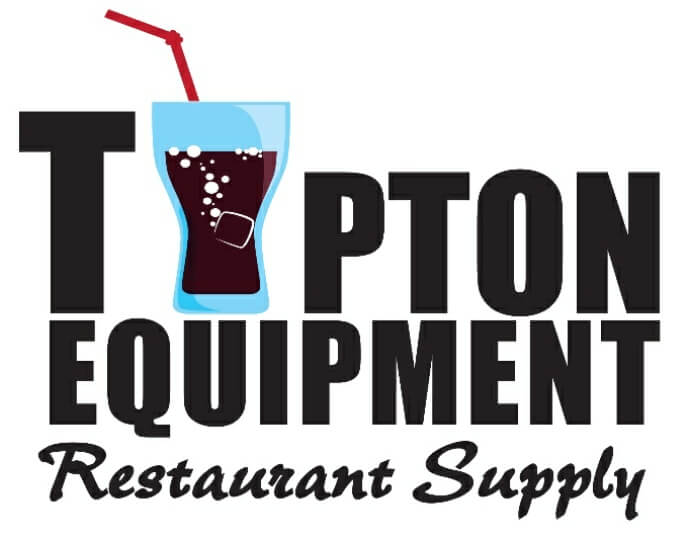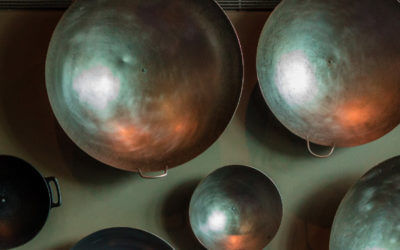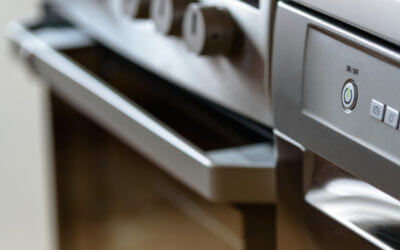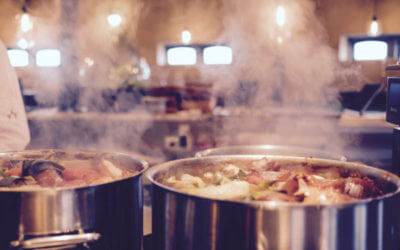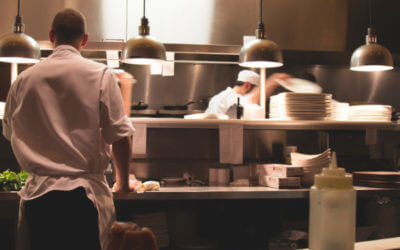Pulping and Grinding: A Starter’s Guide to Reducing Commercial Food Waste Costs
February 13, 2018For most restaurant owners and managers, the expenses involved in making meals are always under careful consideration.
Water is needed to prepare, cook and wash food; power is necessary for food prep, cooking and cooling, and so on. However, how many of us consider the costs involved in dealing with the food that we don’t use – the food that finally ends up as waste?If you dispose of your food waste in the trash, you will have to pay tipping fees on all that weight. In addition, you have the potential issues of trash odors and pests. When you add labor expenses on top of all that, throwing food waste in the trash isn’t cheap. Despair not. There are several types of kitchen equipment available to help reduce the size of this problem. The easiest way to decrease your food waste is to grind it and press as much water out of it as possible, using a type of mechanical kitchen equipment known as a pulping system.
Shrink your Food Waste with Pulping Systems
Pulping systems with dewatering presses decrease food volume by as much as eighty five percent. Although the leftover waste can be thrown away, a pulping system is a particularly good kitchen equipment choice if organic waste recycling is offered in your region. With pulping kitchen equipment, your disposal charges will decline substantially, seeing that your waste hauler will collect only fifteen percent of the amount of food waste you used to produce. And this can be reused as compost!
When it comes to buying your kitchen equipment, traditional pulping systems can range from $35,000 to $150,000 or more. However, multiple producers now create food grinding and dewatering systems on a smaller scale. Such systems contain a large disposer, coupled with an under-counter dewatering press, making them appropriate kitchen equipment even for mid-sized restaurants.
Upgrade your Food Wast Process with Slow Speed Grinders
For an even more efficient solution, slow speed grinders (SSGs) are a type of kitchen equipment that lessens waste more successfully and quietly than pulping systems. While pulping systems do reduce solid waste substantially using recycled water, you may lessen the noise in your commercial kitchen if you use a slow speed grinder. Another advantage is that SSGs are a less complicated kind of kitchen equipment to clean and maintain.
Slow speed grinders use existing, proven technology in grinding and applies it as follows:
Reduced Noise and Vibrations
SSG kitchen equipment significantly reduces noise and vibrations, because you’re using a grinding mechanism instead of a regular rotating plate. As opposed to the typical, loud disposer noises, slow speed grinders produce what could be described as a low hum.
Effective Water Extraction
the SSG makes use of a centrifuge process, with a spinning screw and screen in place of a conventional dewatering screw press. Working like a wringer washer to extract water, this feature of the slow speed grinder variety of kitchen equipment drastically improves the effectiveness of the water extraction process. The result is a dryer, lighter-weight end-product that is cheaper to dispose of.
Water Savings
Current pulper technologies pump in freshwater and then recycle it as a slurry. SSG kitchen equipment takes water saving a step further through the use of water from the dishwasher and conveyor. Used water within the dishwasher pre-rinse tank can be piped over to be used in your new piece of kitchen equipment, the slow speed grinder.
Integration with Dehydrator
As soon as your slow speed grinder has decreased your waste, it can be conveyed over to the dehydrator, where the food waste can be brought down between a ninety and ninety five percent dry state.
Don’t Buy a Commercial Refrigerator Before Considering These 4 Things
A commercial refrigerator is an equipment staple of every restaurant. There are several things to consider when acquiring a commercial refrigerator for your kitchen. When searching for the correct type of unit, here are four things to consider to help you choose the...
5 Ways to Get the Most out of Your Dishwasher
Dishwashers are an incredibly helpful timesaver, and in the fast-paced restaurant industry, staff and managers are desperate for even a small amount of extra time. Although simply putting dishes into a machine seems simple, if your dishwasher is not well-maintained...
How to Keep Having Fun while Running your Restaurant
Restaurant owners typically have a passion for cuisine. Opening and running a restaurant is exciting, providing the opportunity to fully explore and develop your vision. However, if you have been in the restaurant business for any length of time, you know that it is...
3 Great Reasons to Maintain Your Restaurant Equipment
As the owner of a restaurant, you want a healthy and clean business. In the hustle of everyday restaurant management, it can be easy to forget to take care of issues that don’t seem as pressing as the customer complaining that they got the wrong order or that their...
Avoid Surprises During an Appraisal of Your Restaurant Equipment
When it comes to time for your restaurant equipment to be appraised, confusion can set in. For the purpose of the appraisal, personal goods are given value, but goods that are classified as ‘real goods’ are considered part of the real estate or the building structure...
Essentials of Cleaning and Preventative Maintenance for Your Restaurant Equipment
When it comes to your restaurant equipment, regular cleaning and maintenance is essential for making sure your equipment lasts for years to come. And it isn’t simply a matter of making your food processors and commercial mixers more efficient. There are considerable...
3 Tips for Maintaining Your Commercial Oven
As a restaurant owner, buying a commercial oven is an enormous investment. You will desperately want this oven to work properly and you need to make sure it does. You are responsible for your restaurant business. But what if your commercial oven stops working on the...
5 Steps to Cutting Food Waste from Your Kitchen
Food waste is a problem around the world. Taking steps to prevent food waste in your kitchen doesn’t just make your restaurant more morally strong; it can also help you save money on ingredients and attract more customers. Here are some steps you can take to reduce...
Planning Your Equipment Needs When Your Restaurant is Expanding
Your restaurant is doing great, guests are coming in, and they’re spreading the word about the culinary masterpieces your restaurant offers, as well as the exceptional service that is provided by the kitchen equipment and staff. But with all the new business, you’ve...
How to Keep Cool in the Restaurant Kitchen
Being in the kitchen, it’s hard not to feel overheated, especially during the summer. The heat of the stoves and ovens will quickly make the restaurant kitchen somewhere you don’t want to be. How do you keep cool in the kitchen? We have brought together some of the...
How and Why to Make Your Restaurant Lead-Free
If you own a restaurant, then you already know how important water is to your operations, and that poor water quality can adversely impact the success of your business. That is why you should ensure a restaurant lead-free environment. Water is an integral part of all...
Can You Handle These 5 Types of Difficult Restaurant Customers?
No matter how much you love it, running a restaurant certainly has its challenges. It is time-consuming, hectic, labor-intensive and competitive. And to cap it all, there are the difficult restaurant customers you often have to deal with. It’s impossible to please...
5 Unique Restaurant Concepts Guaranteed to Thrill Diners
With restaurants on almost every block, having a unique restaurant concept can help set you apart, making your establishment stand out. These concepts may have taken a bit to catch on, but they have quickly become popular sellers. Here are 5 unique restaurant concepts...
How to Run an Energy-Efficient Restaurant
You probably don’t need to be reminded of the high cost of electricity in running a restaurant compared to an energy-efficient restaurant. Right now, many establishments, including restaurants, are going green and adopting eco-friendly strategies to conserve...
Tipping: A Restaurant Controversy
When it comes to tipping or no-tipping policies in restaurants, there are strong feelings on both sides. While many restaurants have implemented no tipping policies, others are strong proponents for tipping. Still others aren’t sure which policy is right for their...
